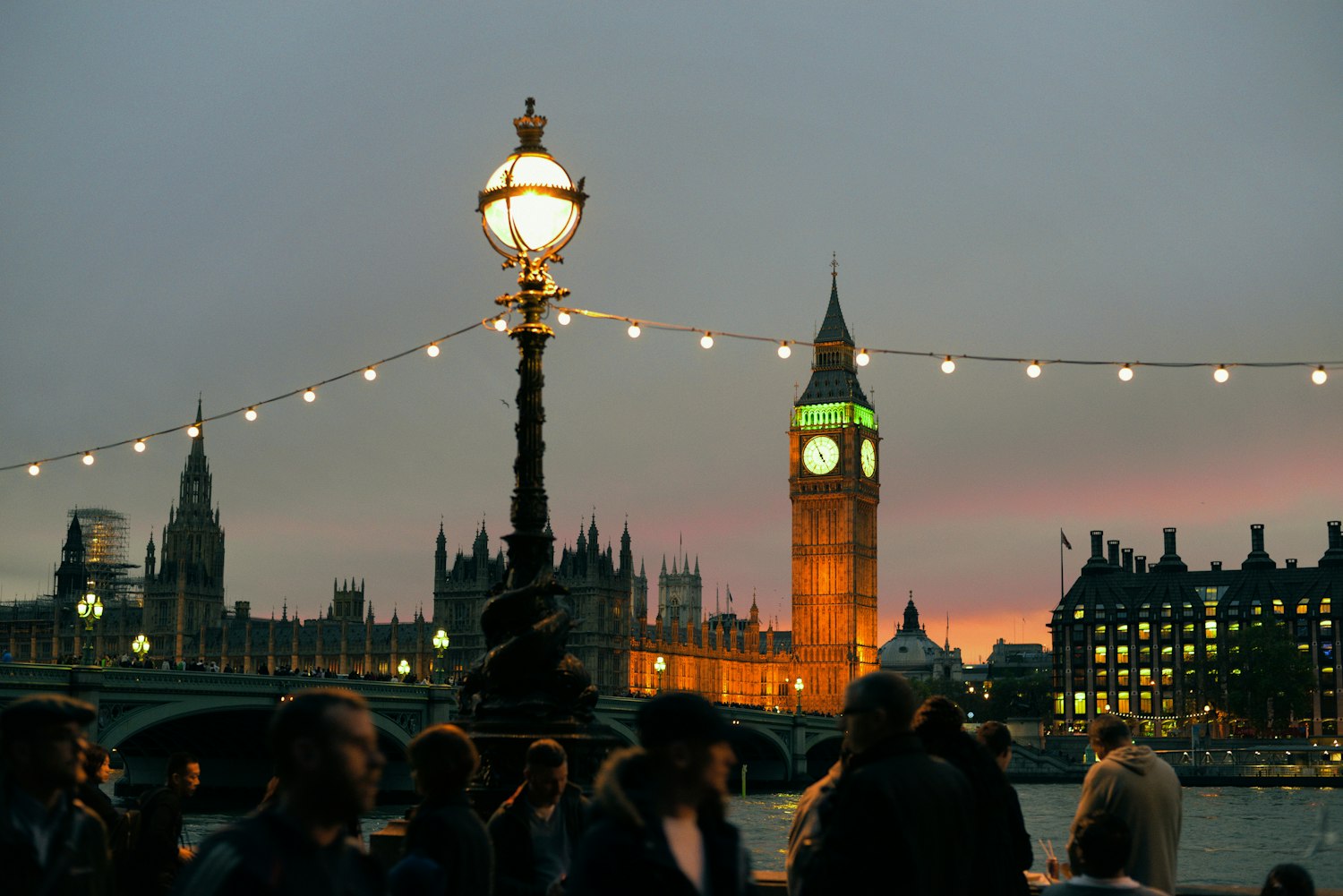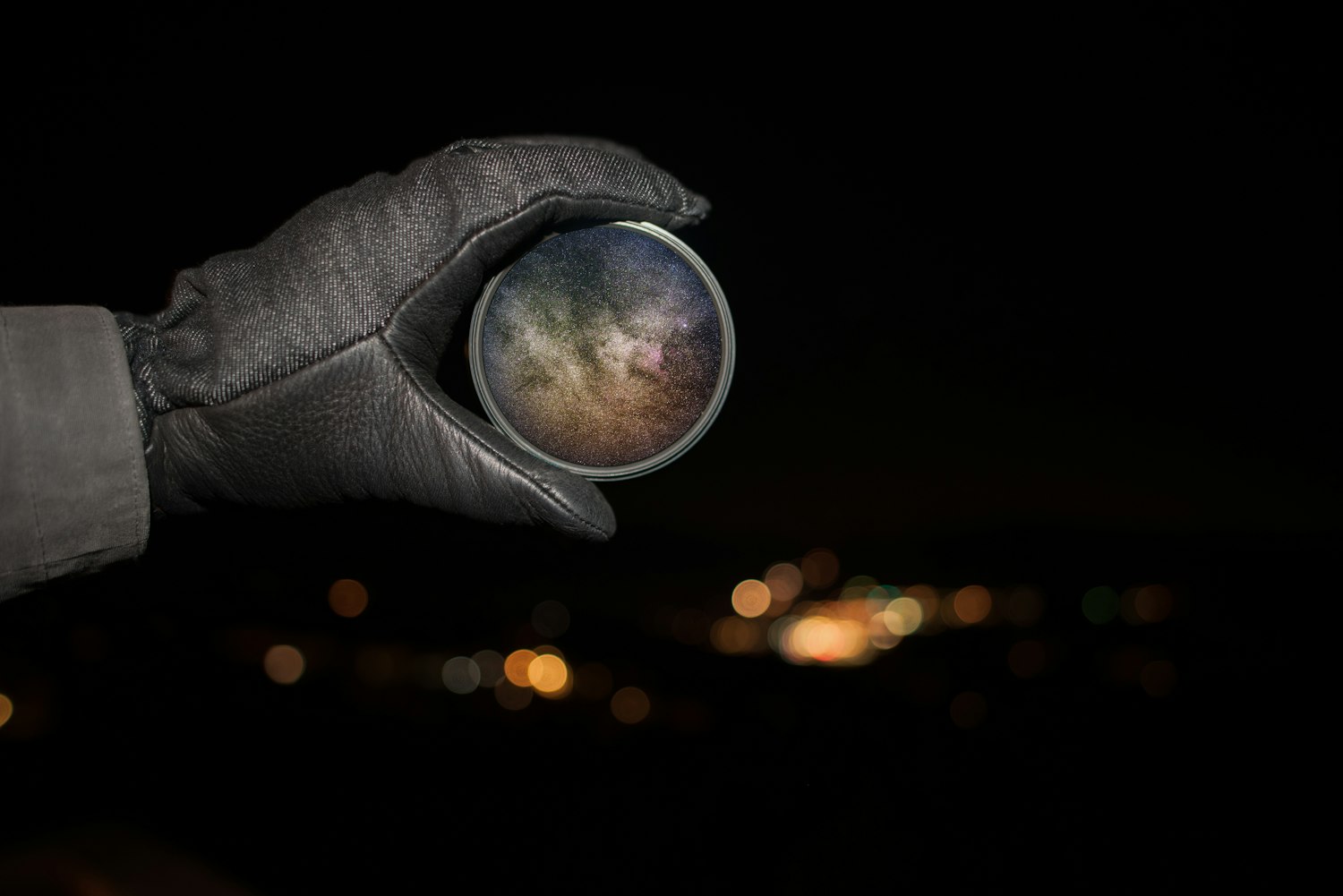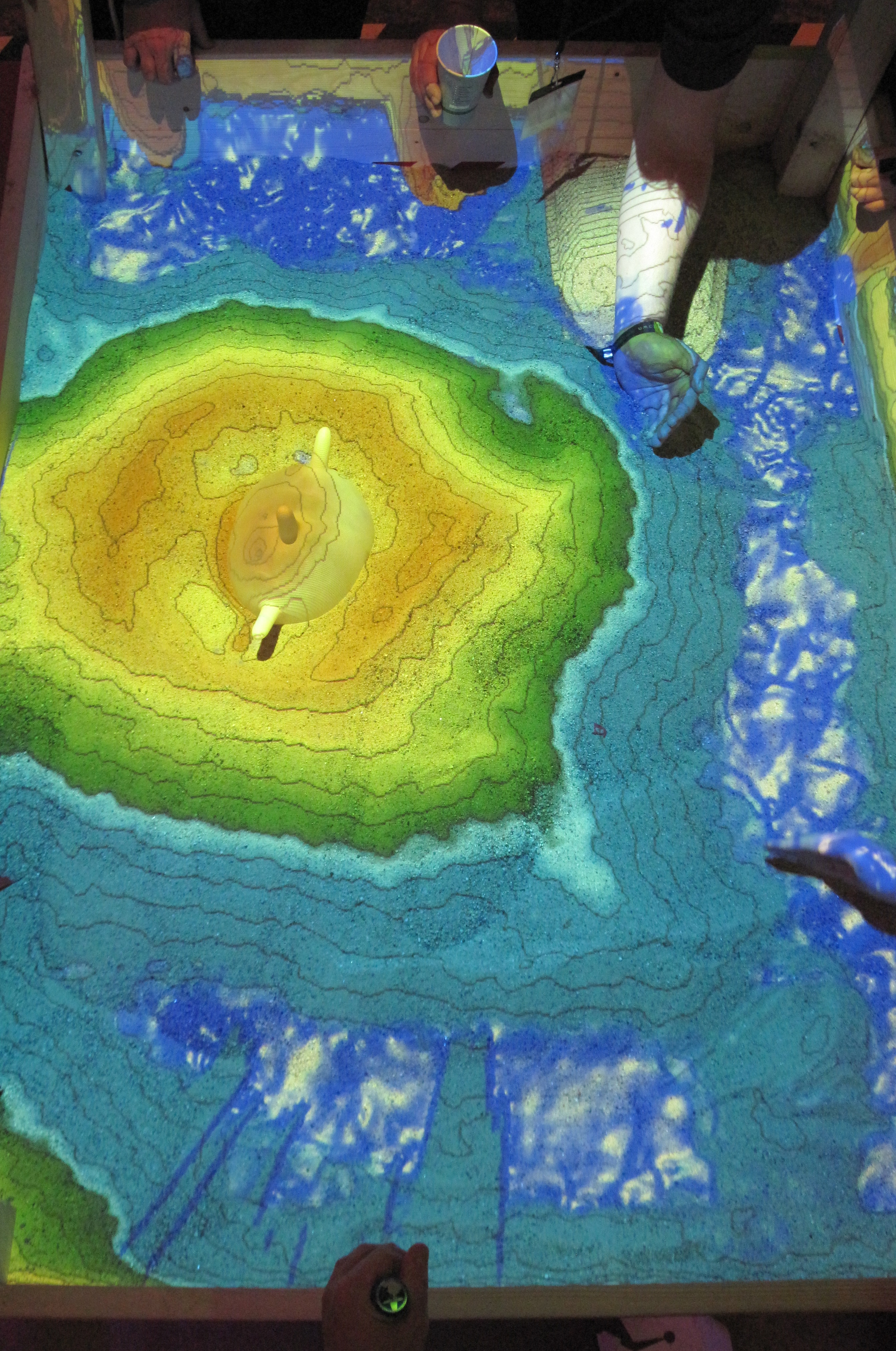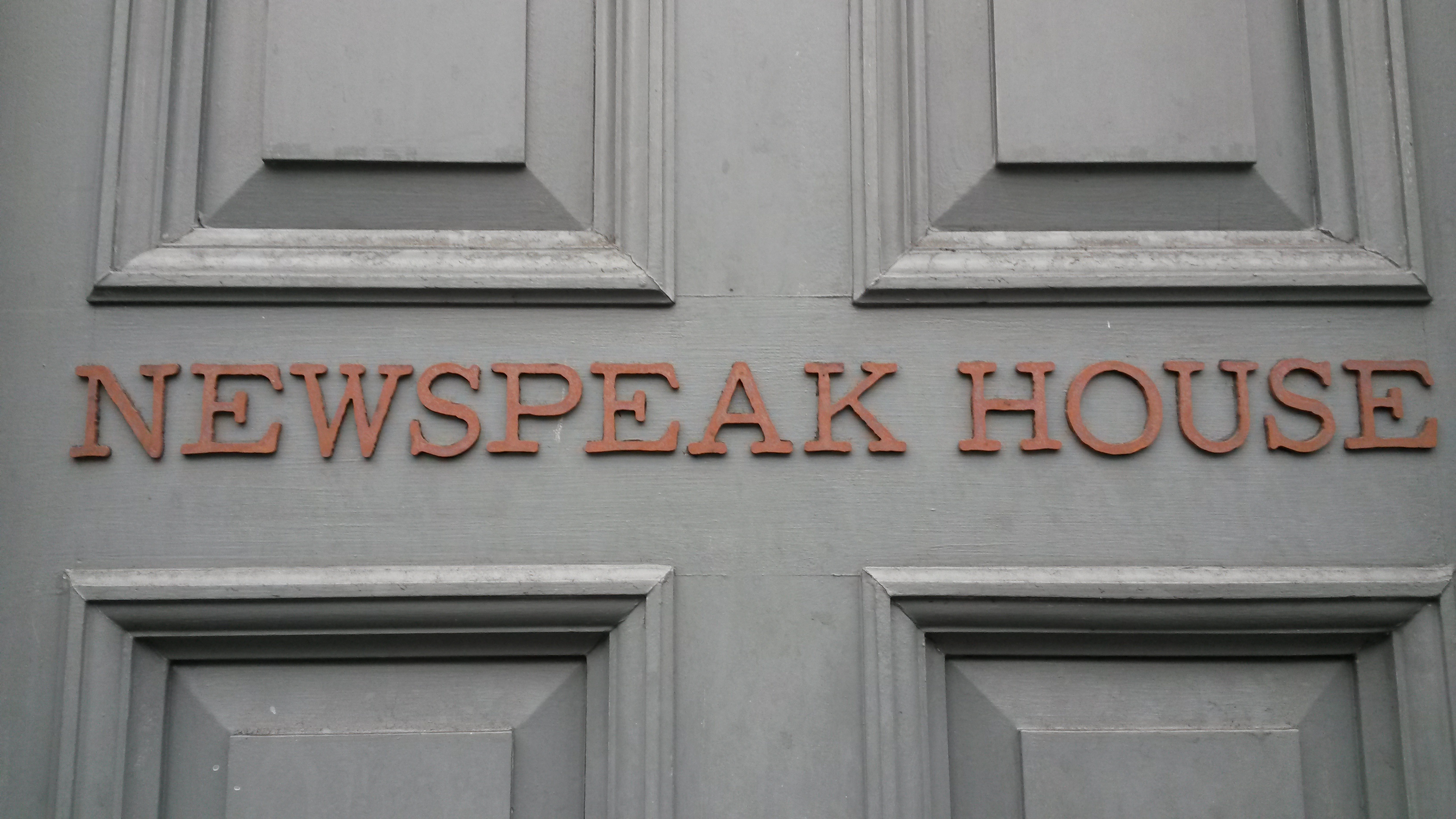Open Research Doathon Save
Open Research Data do-a-thon in London & Virtual - March 4th & 5th
Update
The event has ended, with its activities being documented in this repo itself, in the issues and possibly elsewhere, which should be linked from the corresponding issue. We are working on making this repo more reusable in case you would like to organize similar events in the future.
Many of the ideas and projects worked on at the meeting still need work! You can find those here. If you want to take something forwards, re-open the issue!
In brief
| What is this about? | Getting started |
|---|---|
| We invite you, whether you're in London or afar, to a weekend of learning, making, and doing on March 4-5 to advance Open Research Data. | If you like what you see here, please register for the event as an on-site or virtual participant by going to its EventBrite page. |
 |
 |
Background
Open Data Day is an annual international celebration of open data. In 2017, it takes place on March 4, and on that occasion, lots of events are taking place around the world, focusing on specific kinds or aspects of open data.
Here is an introductory video on the topic.
Specifics
| Aim: hands-on with research data | Here is the plan |
|---|---|
 |
As part of the celebrations for Open Data Day 2017, a two-day do-a-thon all around open research data will be organized in London and online on March 4-5. The event is hosted by SPARC and the NIH. This repo helps coordinate activities around that, and we will update it on a regular basis until and during the event and perhaps thereafter. At its heart, Open Research Data is about making it easy for you and others to see, use and share data pertaining to past, ongoing or possibly even future research. This simple idea is powering some of the largest breakthroughs of our time, and our event aims to celebrate and accelerate the power of Open Research Data. We invite you, whether new or old to Open Research Data, scholar or citizen, to join us for this weekend to make, hack, contribute, try, teach, design, test, learn (or just about anything!) in the name of Open Research Data. In London, we'll provide fast wifi, power (both for your laptops and your bodies) and a program that will spark ideas and collaborations for the weekend. If you can't make it to London, join us online from wherever you are. |
How it works
We'll be using this GitHub repository for documenting and discussing ideas before, during, and after the event, both for remote participants and everyone else who is interested. We also have a Google doc to take notes collaboratively. As a remote participant, expect to be able to pitch and discuss your ideas for the weekend with all attendees. We'll be using light orange labels for issues specific to remote attendance, and light purple for on-site issues. Note that people in the room are welcome to use the online features as well.
Check out the yellow labels for hacky ideas to work on! Feel free to propose your own, even multiple ones: having more ideas may make it easier to find people to team up with. Conversely, feel free to have a go at any of these ideas, and let us — and their proposers — know how far you've come. There are purple labels for attendees to say what their interests and skills are, which is especially useful if they are not yet involved with one of the proposed ideas. To present the ideas and to inform about other topics of interest, we'll be having lightning talks, which can be tracked via the red labels.
There are also light green labels that we're using to organize the event. Your participation is welcome here too.
Contributing
For guidelines on how to contribute to this project, see CONTRIBUTING.md.
For a list of people who actually contributed, see here.
Program
Each day will run 9am - 6pm. We'll provide breakfast, lunch, and snacks (including coffee, of course) with informal dinner & drinks each evening. The program is designed to be lightweight and flexible to allow the maximum time for doing.
Virtual participants are encouraged to peak in on our activities any time, but we recommend defaulting to something like 9am - 6pm in their respective time zones.
| March 4 | March 5 |
|---|---|
| 9-10 am: Breakfast | 9-10 am: Breakfast |
| 10-11 am: Introductions & opening 11-noon: idea pitches |
10-12 am: Working with occasional lightning talks |
| 12-1 pm: Lunch | 12-1 pm: Lunch |
| 1-6pm: Working with occasional lightning talks | 1-6 pm: Working with occasional lightning talks |
| 6-11pm: hand off to SPARC Open Data event in DC |
How to join remotely
- Have a computer at hand.
- Have ideas.
- Follow #odd4r and announce you'll be joining us!
- Introduce yourself here and read other's introductions.
- Tell us what you're working on via Twitter & Github issues.
- Here is a remote project pitch for issue 36: R interface to anthropology database D-Place.
How to join on-site
- Same as above.
- Here is an in-the-room pitch for issue 35: Newbies guide to Wikidata.
- Talk to people around you and online about the above.
Ideas for the Weekend
We're organizing ideas via this repo's issue tracker. It's up for you to decide how you spend the weekend, but if you're short on ideas, here are some of ours:
- Trying to find / reuse an open data set
- Building engaging (and open) visualizations of open research data
- Adding some field-specific examples to Data Carpentry lessons
- Building a software library (Python module/ R package/ Ruby gem etc.) to facilitate access to and processing of open data from specific sources
- Building a set of Wikidata SPARQL queries for a specific field
- Harvesting data from the supplementary files of scholarly publications
- Participating in research-related activities that others are planning for Open Data Day
- A data-centric walk around the neighbourhood
- Improving documentation for any of the above
- Adding a “research data” section to the Open Data Handbook
- Improving Wikipedia pages around or with open research data
- Writing data management plans
- Writing data-centric grant proposals
- Make your own data FAIR
- Test out reproducible computational tools such as Binder, R-Shiny, CodeOcean (see this list of resources)
- Prototype a tool to leverage the open datasets in eLife or in repositories (Zenodo, Dataverse, etc)
- Prototype a tool to make it easy for researchers to share/discover/consume comprehensive, open and FAIR data
- Devise a mechanism to incentivise deposition, review and reuse of datasets
 Lots of little data points, e.g. for translucency and light scattering, cohesion and adhesion, surface tension, contact angles and hydrophobicity.
Lots of little data points, e.g. for translucency and light scattering, cohesion and adhesion, surface tension, contact angles and hydrophobicity.
Location
Contact
- Email Joe [at] righttoresearch [dot] org or tweet @McArthur_Joe or @EvoMRI.
Hashtags
- We will be primarily using #odd4r (Open Data Day for Research)
- There are a number of other hashtags specific to opendataday or some related events
- There are the generic hashtags for #opendata, #openresearch and #openscience
Follow-up
- Issues that have been worked on over the weekend and that may be suitable for further such events have been tagged with the postponed label.
Licensing
- Contributions to the event are expected to be as openly licensed as possible, so as to encourage reuse. For details, see LICENSE.md.
Image credits
- Sonar: National Oceanic and Atmospheric Administration (NOAA) (Public Domain)
- Big Ben: Pedro Carballo (CC0)
- Milky Way: Nathan Anderson (CC0)
- Sandbox: JkoLd19d (CC0)
- Dew drops: Nithya Ramanujam (CC0)
See also
- Overview of 2017 Open Data Day events — around the globe around March 4, on any kind or aspect of open data
- Some related events with a research focus
- Science Together — London, March 2-3, on tools for scientific collaboration
- Brainhack Global 2017 — around the globe, March 2-5, on neuroscience data
- Open Data Day Portland — March 3-4, Portland, on biomedical data and backup efforts around governmental data
- Open Data Hack — Reading, March 4-5, on weather and climate data
- Docathon — Berkeley, Seattle, New York City, March 6-10, on documenting open-source and open-science code and tools
- Some past events in a similar spirit:

